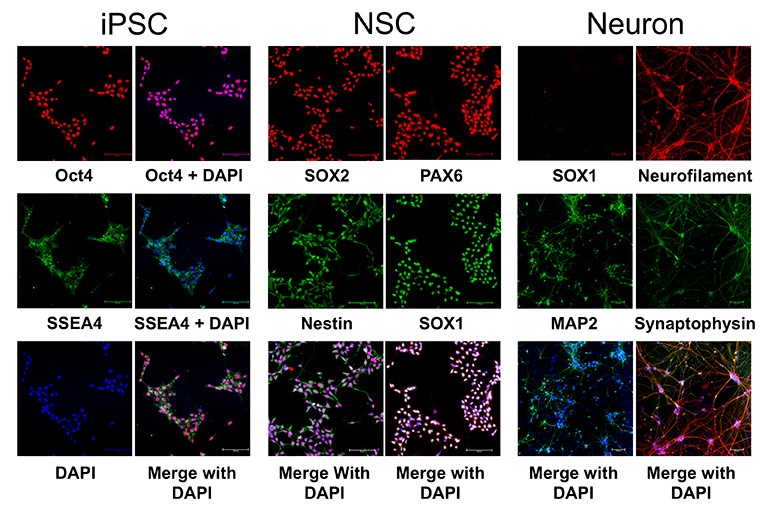You are here
Laboratory for Mitochondrial Biology and Metabolic Dysfunction in Neurodegeneration

The elderly are at a greater risk for many neurodegenerative diseases. The most common of these age-related diseases are Alzheimer’s, Parkinson’s and Huntington’s diseases. The goals of our laboratory are to discover the underlying cause of age-related neurodegenerative diseases and to develop effective therapies. The brain is very dependent on oxygen and glucose (sugar). Our research shows that many age-related diseases and stroke may share similar fundamental mechanisms of damage, i.e., a reduced ability to use glucose and oxygen, which either causes the disease(s) or is a critical clinically relevant change. We are trying to determine why this reduction occurs and its consequences for brain function.


Our studies show that oxidative stress induced post-translational modification of key glucose metabolic enzymes is likely to contribute to the reduced glucose utilization. Abnormalities in the use of glucose and oxygen cause dysregulation of calcium and the production of excess free radicals, which in turn, may lead to the brain dysfunction. Thus, reversing diminished use of glucose, preventing the free radical damage, or a change in calcium with specific drugs should protect the brain. Cells from patients, genetically modified cells and animal models are being used to test these possibilities and to evaluate the effectiveness of drugs.

Featured Research Projects
Collaborative Partners
- Augusta University
- Alzheimer’s Drug Discovery Foundation
- Babraham Institute
- Buchmann Institute for Molecular Life Sciences
- Columbia University
- Cornell University in Ithaca
- European Bioinformatics Institute
- Georgetown University
- GIGA-Neurosciences
- Icahn School of Medicine at Mount Sinai
- KU Leuven
- Maastricht University
- National Institutes of Health (NIH)
- New York Medical College
- New York-Presbyterian Hospital
- New York Stem Cell Foundation
- University of Birmingham
- University of California San Diego
- University of Cambridge (UK)
- University of Gothenburg (Sweden)
- University of Ljubljana
- University of Pittsburgh
- University of Valladolid Medical School (Spain)
- Washington State University
- Weill Cornell Medicine
- C2N Diagnostics

